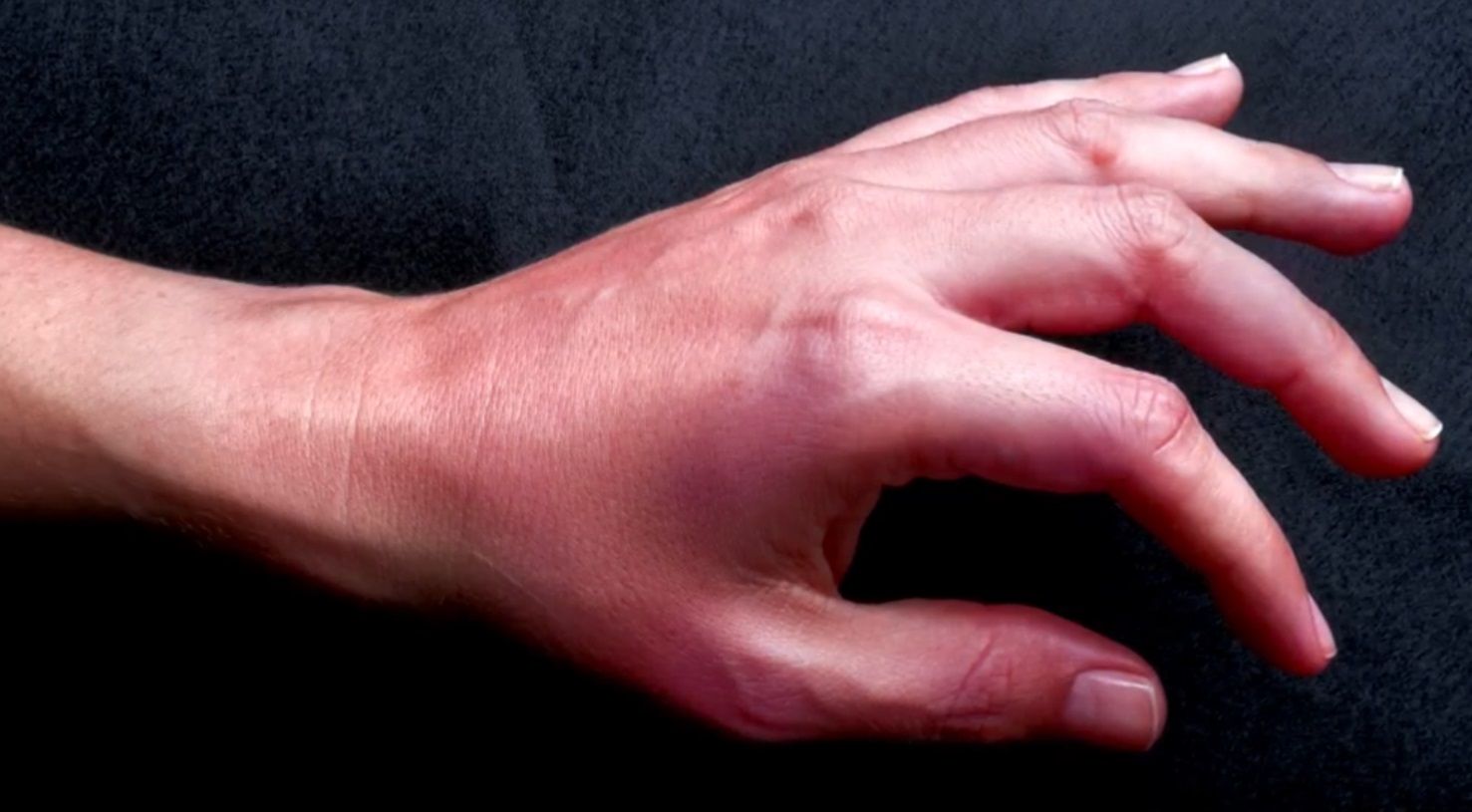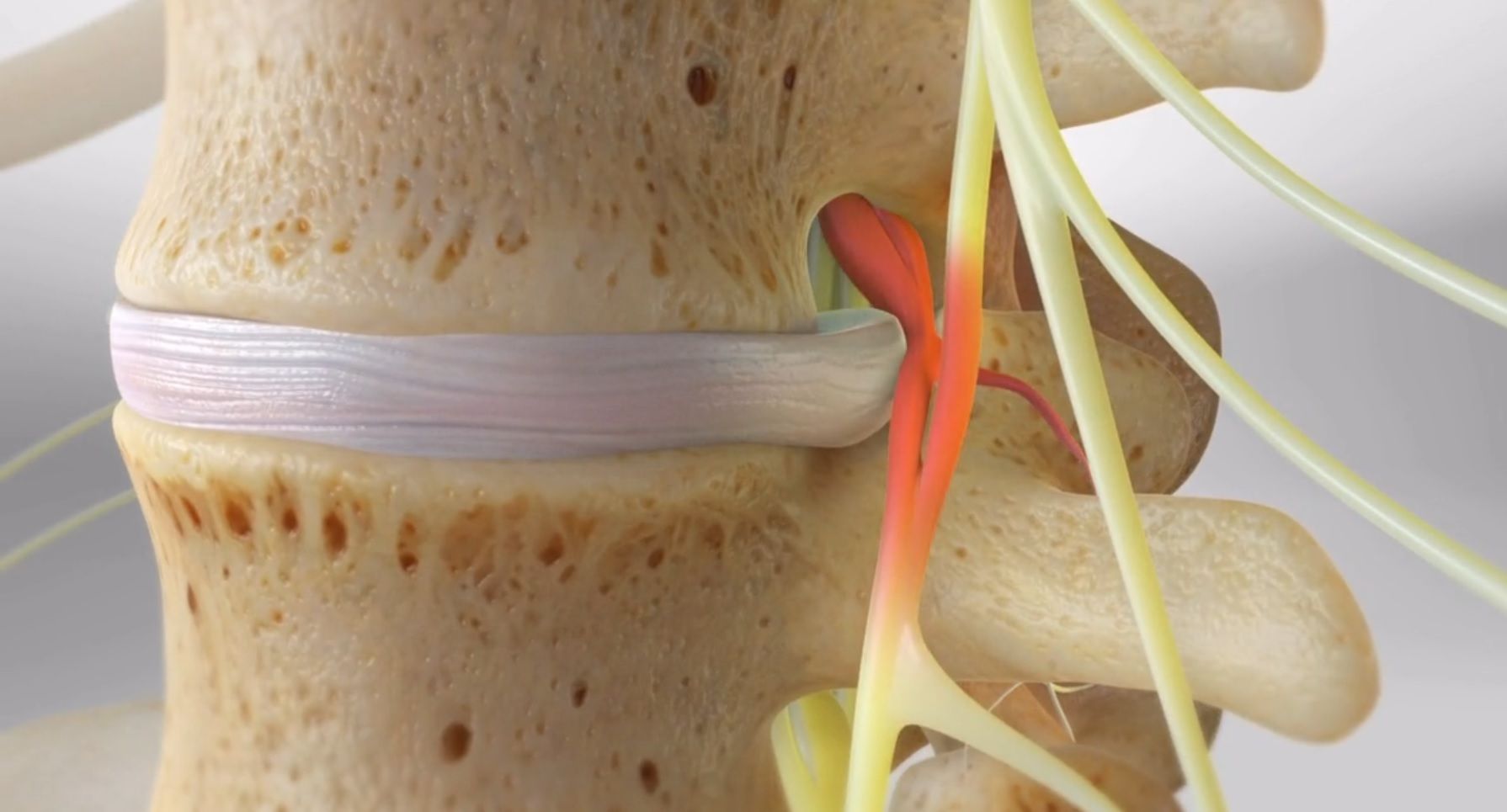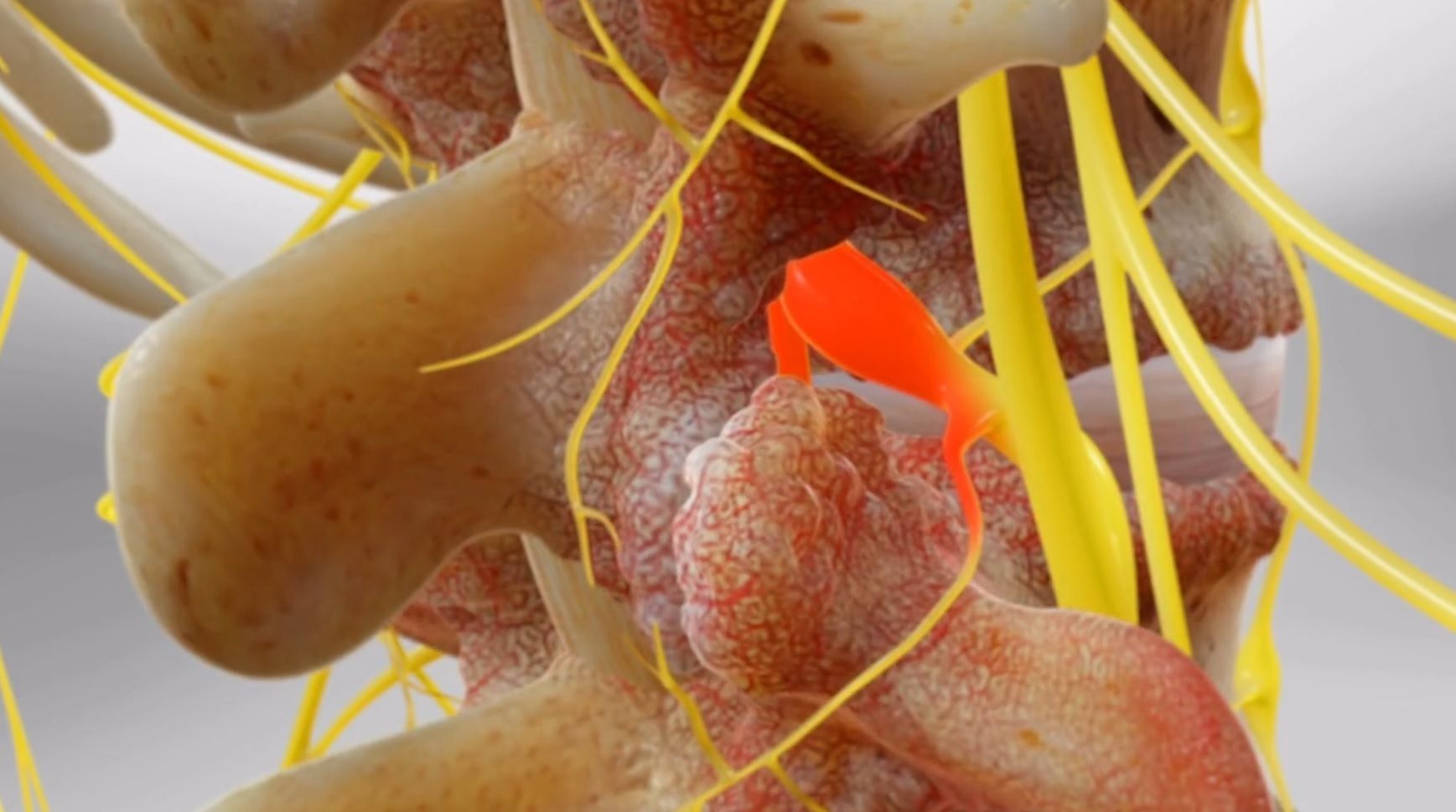Paraplegia
This is paralysis of the lower part of your body. It’s a loss of feeling and control that happens when nerve signals can’t travel up and down the nerves of your spine. This paralysis affects your legs, and it can affect some or all of your trunk and your pelvic organs.
Paraplegia
Paraplegia
Overview
Paraplegia is lower body paralysis. You lose feeling and control when nerve signals can’t travel up and down your spinal cord. This paralysis affects your legs, sometimes also affecting your trunk and pelvic organs.
Causes
Paraplegia happens when you injure your spinal cord or the nerves at the base of your cord. Paraplegia is most often caused by traumatic injuries such as car crashes or falls. Some nerve diseases, cancer, or spinal conditions can also cause paraplegia.
Symptoms
While you may experience pain or stinging sensations, paraplegia usually causes you to lose all feeling. You normally cannot control your muscles to move your legs. You may also lose control of your bladder and bowels. Your sexual functions and fertility are often affected. If your paraplegia is mild, you may have some feeling and very limited ability to move and control your legs and lower body organs.
Treatment
Sadly, there is no cure for this type of paralysis. You will need ongoing care and rehabilitation. You will learn new skills and new ways to do things so you can be as independent as possible. Your doctors may prescribe medications to help with your symptoms or bodily functions.
Revised from www.viewmedica.com © Swarm Interactive. Unauthorized duplication is strictly forbidden.
- Category / Injury




